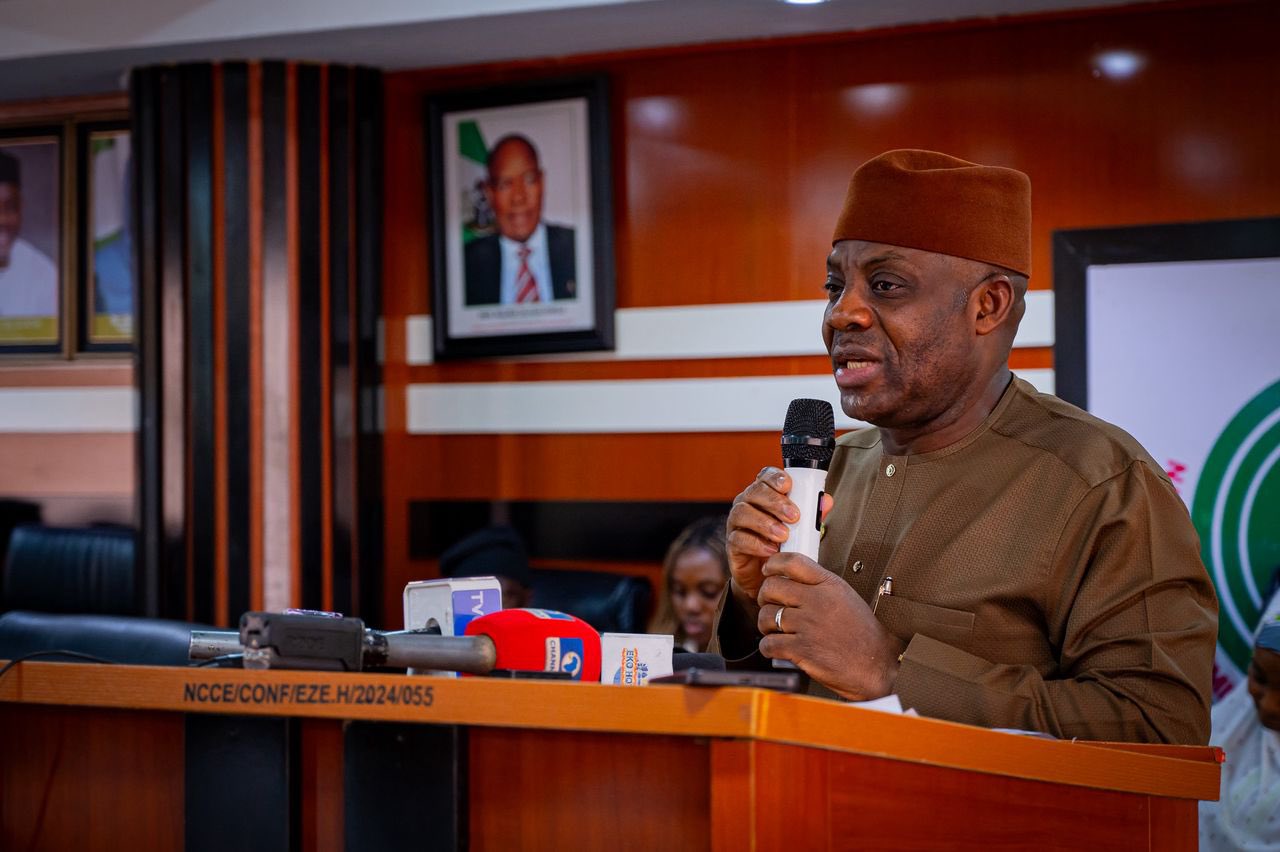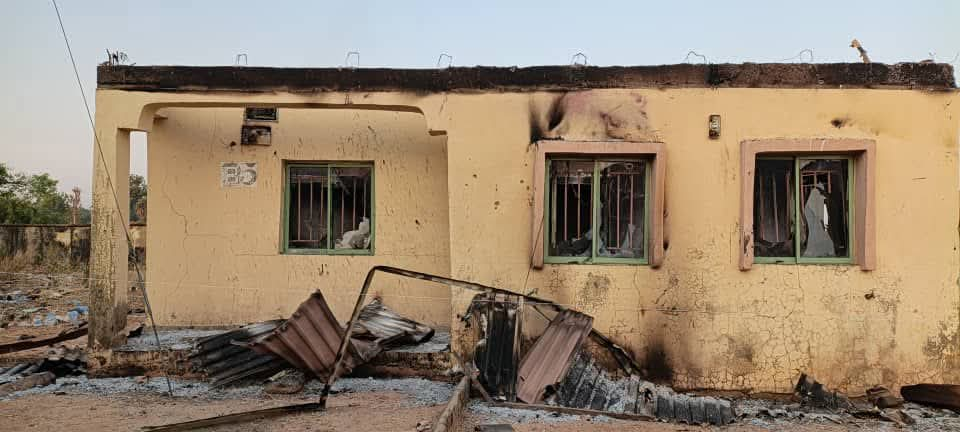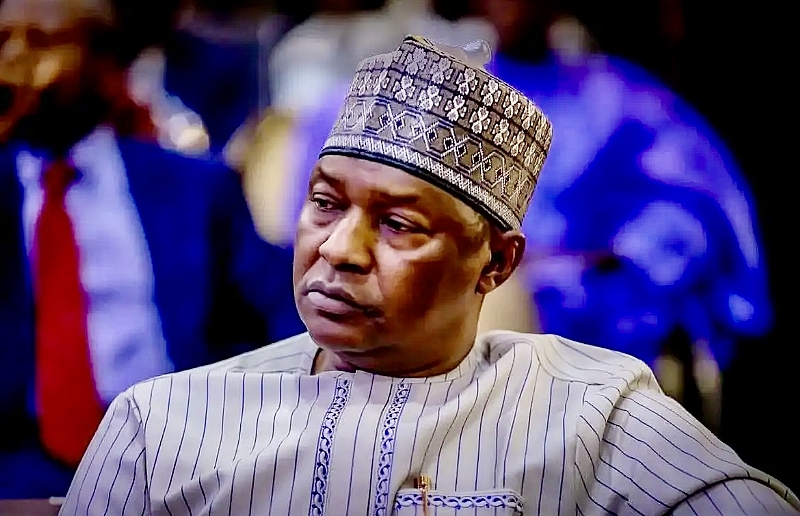The Federal Government has introduced a new national education curriculum designed to reduce subject overload, promote practical skills, and align Nigeria’s education system with global standards. The move, according to the Ministry of Education, takes effect from the 2025/2026 academic session.
According to Mediaplusng.com, the Honourable Minister of Education, Dr. Maruf Tunji Alausa, alongside the Minister of State for Education, Professor Suwaiba Sa’id Ahmad, announced the reform after wide consultations with major stakeholders. These include the Nigerian Educational Research and Development Council (NERDC), WAEC, NECO, NBTE, NABTEB, and other partners involved in curriculum design and assessment.
The new structure will apply to pupils in primary schools and students in secondary schools nationwide. It introduces fewer subjects, more skill-based learning, and new areas of focus to prepare young Nigerians for a competitive global economy.
Mediaplusng.com reports that the reforms also include the reintroduction of Nigerian History as a compulsory subject from Primary 1 to Junior Secondary 3, and the introduction of Citizenship and Heritage Studies at the senior secondary level. In addition, Nigerian languages have been streamlined to Hausa, Igbo, and Yoruba, while WAEC and NECO syllabuses will be fully aligned with the revised curriculum.
Key changes in subject load are as follows:
Primary 1–3: 9–10 subjects (down from 13–15)
Primary 4–6: 10–12 subjects (down from 15–17)
Junior Secondary (JSS 1–3): 12–14 subjects (down from 15–18)
Senior Secondary (SSS 1–3): 8–9 subjects (down from 15–20)
At the technical and trade level, NABTEB will oversee 28 revamped practical trade subjects such as Solar PV Installation, Fashion Design, Livestock Farming, Beauty and Cosmetology, GSM Repairs, and Horticulture.
Speaking on the development, Dr. Alausa described the reform as “a bold step towards building a skill-driven education system that equips Nigerian children with the knowledge and competencies needed to thrive in a fast-changing world.”
The Ministry assured parents, teachers, and students of adequate support during the transition. This reform highlights the government’s commitment to transforming Nigeria’s education sector and shaping a smarter, more resilient generation
READ ALSO: Tinubu Pledges Quick Action on Nigeria–Colombia Bilateral Agreements





2 Comments
[…] READ ALSO: FG Launches New Education Curriculum to Reduce Subject Overload and Boost Skills […]
[…] READ ALSO: FG Launches New Education Curriculum to Reduce Subject Overload and Boost Skills […]